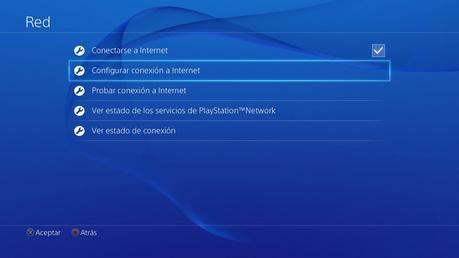
He is out of sight and all but forgotten by the prison system.

He's boxed in, cut off from every human voice. He won't see it this way until later his life, but that dark cell is the biggest act of grace God or man could grant him. In a dark cement cubical, he only sees the light one hour a day-oh how the mighty have fallen. Saddled with that reputation, he's transferred to a high-security prison in Northern California where he's immediately placed in solitary confinement.Īlone. Incarcerated at the age when most boys are just getting the freedom to drive, Casey ends up the big shot behind bars, the Shot Caller, the one others follow in jail, the one who decides who lives and dies. The boy that jumped him in, the one Casey looked up to, died in a drive-by. It's a wonder he survived to reach his sixteenth birthday. Acceptance comes through being the most violent, the one others fear, and it's not long before all semblance of the boundaries of human compassion and respect for life vanished from his conscience. I for one can certainly empathize with what happened next, a young man looking for affirmation finds his acceptance in street thugs-who jump him into their gang. His description of his anger, rebellion, rejection, and the travails of a broken boy growing up in a broken home will wrench your heart. Diaz does not mince words describing his violent acts. It would be impossible to tell it any other way. Admittedly, the dark places we reach before the light of Christ comes into our lives can be traumatic to talk about.Ĭasey Diaz's memoir, Shot Caller, pulls no such punches.

The gritty details of the mean-streeted lives are usually elided, deleted, glossed over, watered down, or whatever euphemism you want to use to describe the trouble, the abuse, or the crime some authors have dealt with. Those looking for a gritty, informed perspective on LA street gangs and gang cultureĪ visceral insider’s look at the violent world of gangs and prison life, The Shot Caller is a remarkable demonstration of God’s reckless, unending grace and His desire to reach even the worst of sinners-no matter where they are.įor too many years, Christian memoirs have been written with the sympathies of the readers more in mind than the experiences of the writer. Social workers who interact with at-risk youth Parents who want to keep their kids out of gangs – what are the warning signs

What happened next can only be described as a miracle. As the days in solitary wore on, Casey realized Someone else was calling the shots. Casey scoffed as she quietly insisted God was going to use him. Yet, when a determined elderly woman paid Casey a visit, a whole new world of possibilities began to unfold. Casey was willing to do anything to be number one, but years of chasing rival gang members led to a dramatic ambush and arrest by the LAPD.Īt just sixteen, Casey was sentenced to more than twelve years in solitary confinement in California’s toughest prison as one of the state’s most violent offenders. An abusive, impoverished family life propelled Casey at only eleven years of age into the Rockwood Street Locos gang. The son of El Salvadorian immigrants, Casey Diaz was brought to Los Angeles at the age of two. “This is a story of a tough young man who lost his way, and of a loving God who never forgot him, no matter where he was.” - Nicky Cruz, bestselling author of Run Baby Run


 0 kommentar(er)
0 kommentar(er)
